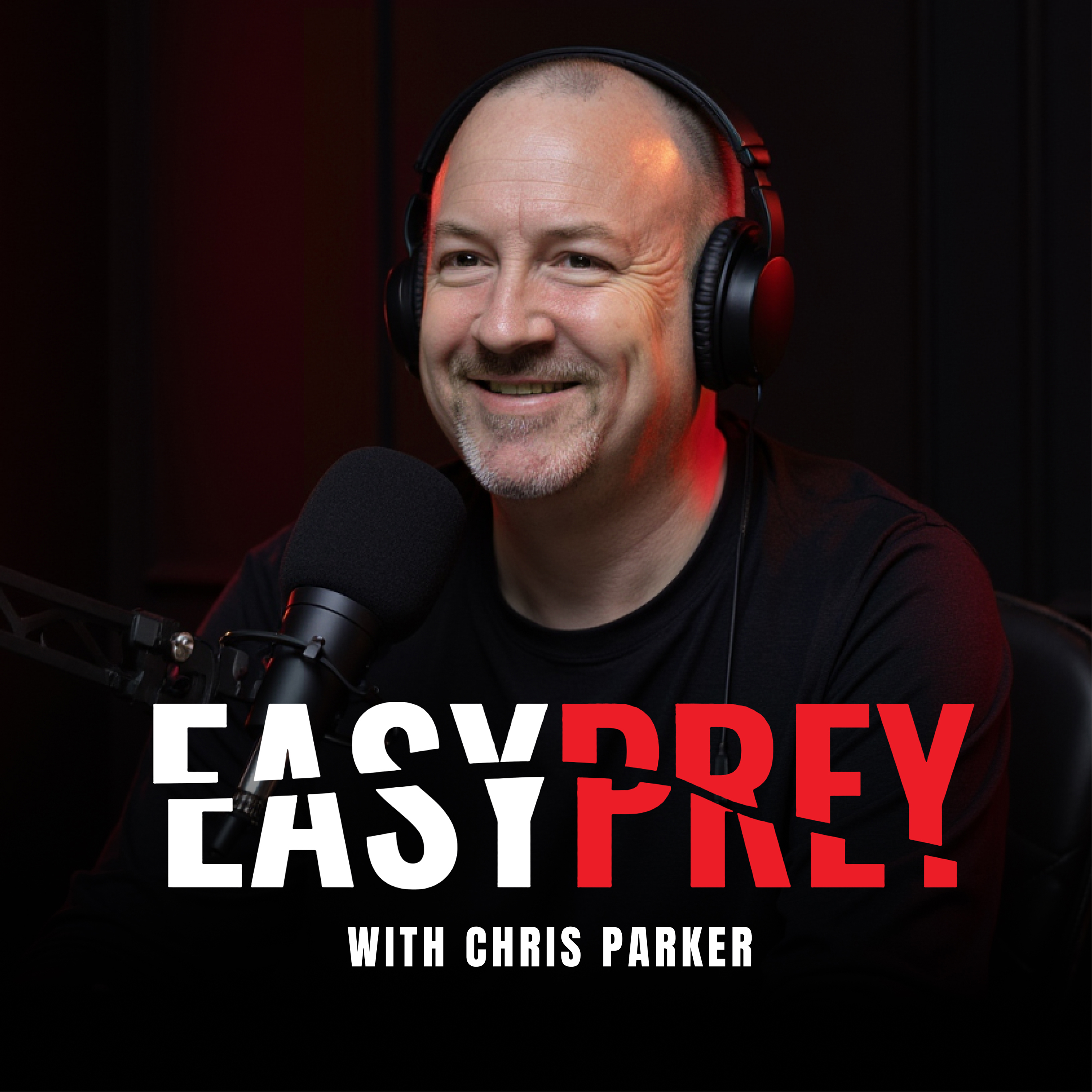

Trying to erase yourself from the internet sounds simple until you start counting up old accounts, scattered social media posts, and the hundreds of data brokers quietly collecting and selling your information. The reality is messy, and for most people, the idea of fully disappearing online is more myth than possibility. But there are practical steps you can take to cut down what's out there and regain some control. My guest, Max Eddy, is a senior staff writer at Wirecutter who covers privacy, security, and software platforms. For one of his projects, he set out to see how much of his own digital footprint he could realistically reduce. Max shares what he discovered along the way and what worked, what didn't, and how even small changes can make a meaningful difference. In our conversation, Max talks about the value of using password managers and email masking, what he learned from testing multiple data removal services, and the emotional side of deleting old social media history. He also explains why perfection isn't the goal, and how thinking differently about privacy can help you stay one step ahead of scammers, marketers, and anyone else trying to piece together your personal information. Show Notes: [00:50] Max explains why he got into covering privacy and security and what keeps him motivated in the field. [03:27] We discuss the Wirecutter project on disappearing online and why it resonated with readers. [04:12] Using Have I Been Pwned, Max was able to reduce 350 online accounts down to 27 that needed immediate attention. [09:10] Max describes the tactics he used to break the links between his online accounts with fake names, masked emails, and random images. [11:55] We talk about data removal services, their limitations, and the challenges of removing certain public records. [17:52] We learn how scammers can piece together a person's complete profile from inconsistent, fragmented data from different data brokers. [18:54] We discuss how Google's removal tools only make information harder to find, but don't delete it. [23:15] We talk about the emotional side of deleting social media history and the automation tools he used to make it possible. [29:40] Max discusses the risks of deleting accounts entirely, from impersonation threats to losing important communication channels. [32:28] We talk about the value of taking a gradual approach to improving your digital privacy and how small, steady steps are most effective. [38:44] Max shares his key takeaways from the project: first, ask why you want to disappear, and second, remember that any effort to reduce data is valuable. Thanks for joining us on Easy Prey. Be sure to subscribe to our podcast on iTunes and leave a nice review. Links and Resources: Podcast Web Page Facebook Page whatismyipaddress.com Easy Prey on Instagram Easy Prey on Twitter Easy Prey on LinkedI
Episode Details
About This Episode
Trying to erase yourself from the internet sounds simple until you start counting up old accounts, scattered social media posts, and the hundreds of data brokers quietly collecting and selling your information. The reality is messy, and for most people, the idea of fully disappearing online is more myth than possibility. But there are practical steps you can take to cut down what's out there and regain some control. My guest, Max Eddy, is a senior staff writer at Wirecutter who covers privacy, s...